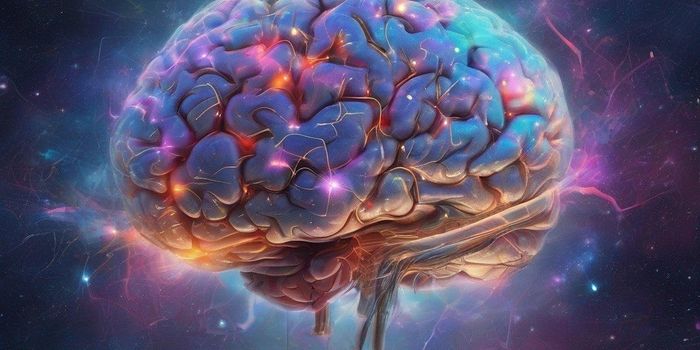Psilocybin Therapy for Anorexia Nervosa: A Breakthrough Treatment on the Horizon?
Anorexia nervosa (AN) is a severe and often treatment-resistant eating disorder that affects millions of individuals worldwide, predominantly females. Traditional treatments for AN have yielded only modest improvements in symptomatology, leaving a critical need for innovative interventions. Recently, the field of psychedelic research has emerged as a potential game-changer in mental health treatment. A groundbreaking open-label pilot study evaluated the safety, tolerability, and preliminary efficacy of psilocybin therapy in individuals with AN, offering hope for a novel approach to addressing this challenging disorder.
Psilocybin is a naturally occurring psychedelic compound found in certain mushroom species that has shown therapeutic potential in the treatment of several mental health conditions, including depression, anxiety, and post-traumatic stress disorder.
In this study published in Nature, COMP360, a pharmaceutical-grade synthetic psilocybin formulation, was administered alongside psychological support to ten female adults with AN or who are in partial remission of AN. The primary objectives were to assess the safety, tolerability, and potential efficacy of psilocybin therapy in this specific population.
One of the most critical findings from this study was the safety and tolerability of psilocybin therapy in individuals with AN. No serious adverse events were reported, and all treatment-emergent adverse events resolved without intervention. Participants reported mild and transient adverse effects, such as headache, nausea, and fatigue, which were consistent with previous psilocybin studies.
Additionally, the therapy did not result in significant changes in vital signs, electrocardiograms, or clinical laboratory values, except for two participants who developed hypoglycemia (low blood sugar), likely attributed to the fact those two participants were malnourished or fasting.
The findings of this open-label pilot study on psilocybin therapy for AN suggest promising implications for the future treatment of this challenging disorder. By investigating how psilocybin interacts with specific brain circuits and neurotransmitter systems implicated in AN, valuable insights into the disorder's pathophysiology can be gained, potentially leading to more targeted and effective treatments. To further enhance treatment outcomes, personalized medicine approaches should be explored, aiming to identify patient-specific factors that predict response to psilocybin therapy.
This pilot study sets the stage for a broader exploration of psilocybin therapy's potential in AN treatment. By addressing treatment resistance and disparities, psilocybin therapy may ultimately hold significant promise in offering new therapeutic horizons for individuals battling anorexia nervosa.
Sources: Mayo Clinic, Alcohol and Drug Foundation, Nature








